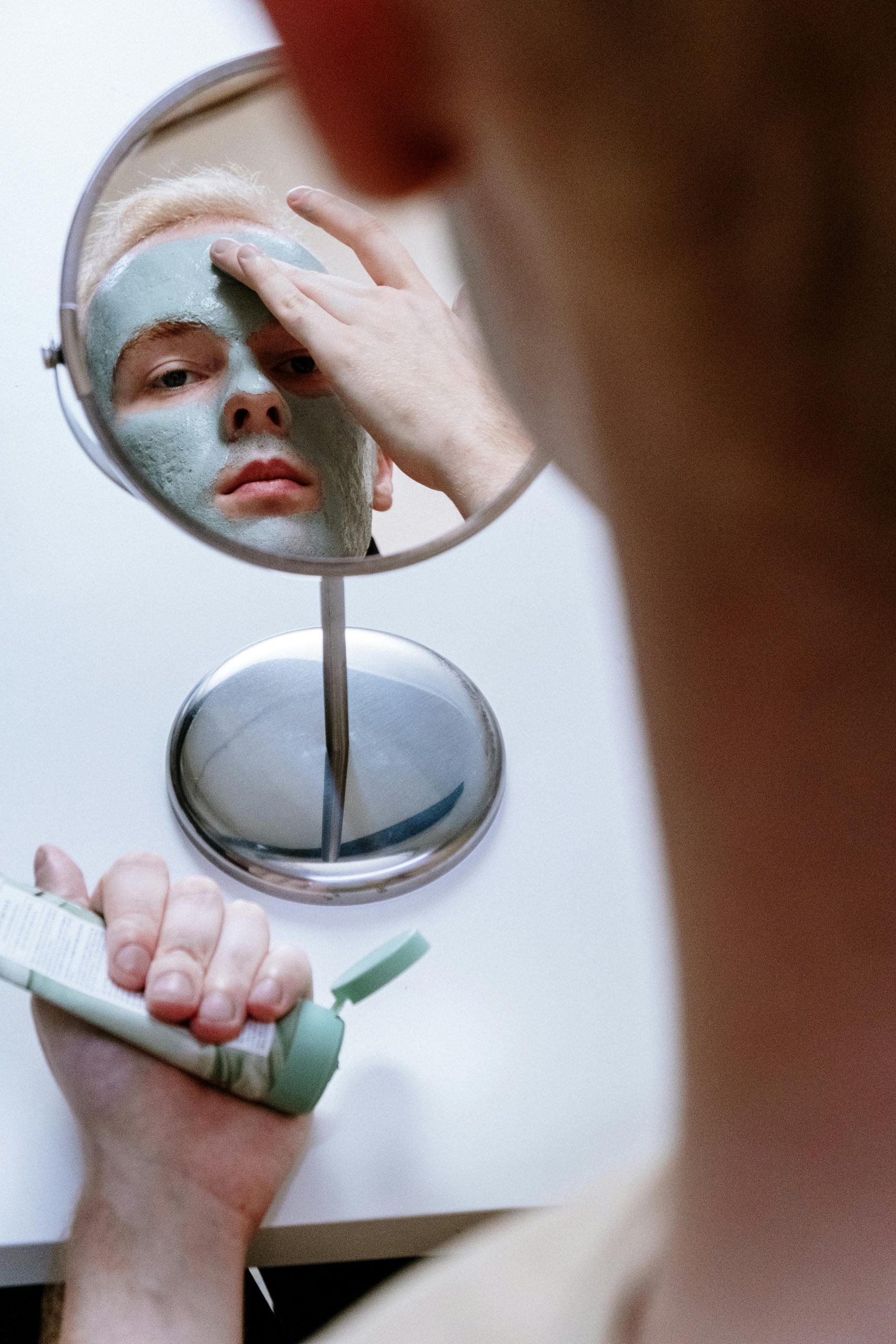In today’s hyper-connected world, digital devices have become an inseparable part of our daily lives. While technology offers convenience, constant screen time can lead to mental fatigue, reduced focus, and even anxiety. A digital detox—intentionally stepping away from screens—can help restore mental clarity, improve productivity, and enhance overall well-being. Here’s how you can reclaim your focus with practical digital detox tips.
Why a Digital Detox Matters for Mental Clarity
The average person spends hours each day glued to screens, whether for work, social media, or entertainment. This constant exposure can overwhelm the brain, leading to:
- Information overload: Too much digital input makes it harder to process and retain information.
- Reduced attention span: Frequent notifications and multitasking fragment focus.
- Increased stress: Blue light from screens disrupts sleep, while social media comparisons fuel anxiety.
By taking breaks from digital devices, you give your mind the space to reset, recharge, and regain clarity.
Set Clear Boundaries with Technology
Establishing boundaries is the first step to a successful digital detox. Here’s how:
Designate Screen-Free Times
Choose specific times of the day when you disconnect completely. For example:
- Morning routine (first 30-60 minutes after waking)
- Meal times (no phones at the table)
- One hour before bedtime
Create Tech-Free Zones
Keep certain areas of your home free from digital distractions, such as:
- Bedroom (to improve sleep quality)
- Dining area (to encourage mindful eating and conversation)
Tip: Use an old-school alarm clock instead of your phone to avoid bedtime scrolling.
Replace Screen Time with Mindful Activities
Instead of defaulting to your phone or laptop, engage in activities that promote mental clarity:
Practice Mindfulness or Meditation
Even 5-10 minutes of meditation can reduce stress and improve focus. Try apps like Headspace or Calm—ironically, these can be used mindfully without contributing to digital overload.
Read a Physical Book
Reading a book (not an e-book) helps train your brain to focus for longer periods without digital interruptions.
Spend Time in Nature
Nature has a calming effect on the mind. A walk outside without your phone can boost creativity and reduce mental fatigue.
Optimize Your Digital Environment
If completely disconnecting isn’t feasible, make your digital interactions more intentional:
Turn Off Non-Essential Notifications
Limit alerts to only the most important apps (e.g., messages from family or urgent work emails). Mute social media, news, and promotional notifications.
Declutter Your Digital Space
Organize your devices to minimize distractions:
- Delete unused apps
- Use folders to tidy your home screen
- Set app limits (iOS Screen Time or Android Digital Wellbeing)
Schedule Email and Social Media Checks
Instead of constantly checking emails or scrolling, designate specific times (e.g., twice a day) to handle digital communication.
Build Long-Term Digital Detox Habits
A digital detox isn’t just a one-time event—it’s about creating sustainable habits. Try these strategies:
Start Small and Scale Up
Begin with short breaks (e.g., 15 minutes without screens) and gradually increase the duration as you adjust.
Track Your Progress
Use a journal to note how you feel after reducing screen time. You’ll likely notice improved mood, better sleep, and sharper focus.
Find an Accountability Partner
Team up with a friend or family member to support each other in cutting back on digital consumption.
Taking control of your digital habits can transform your mental clarity and focus. By setting boundaries, replacing screen time with mindful activities, and optimizing your digital environment, you’ll reclaim your attention and reduce stress. Start small, stay consistent, and enjoy the benefits of a more balanced relationship with technology.


